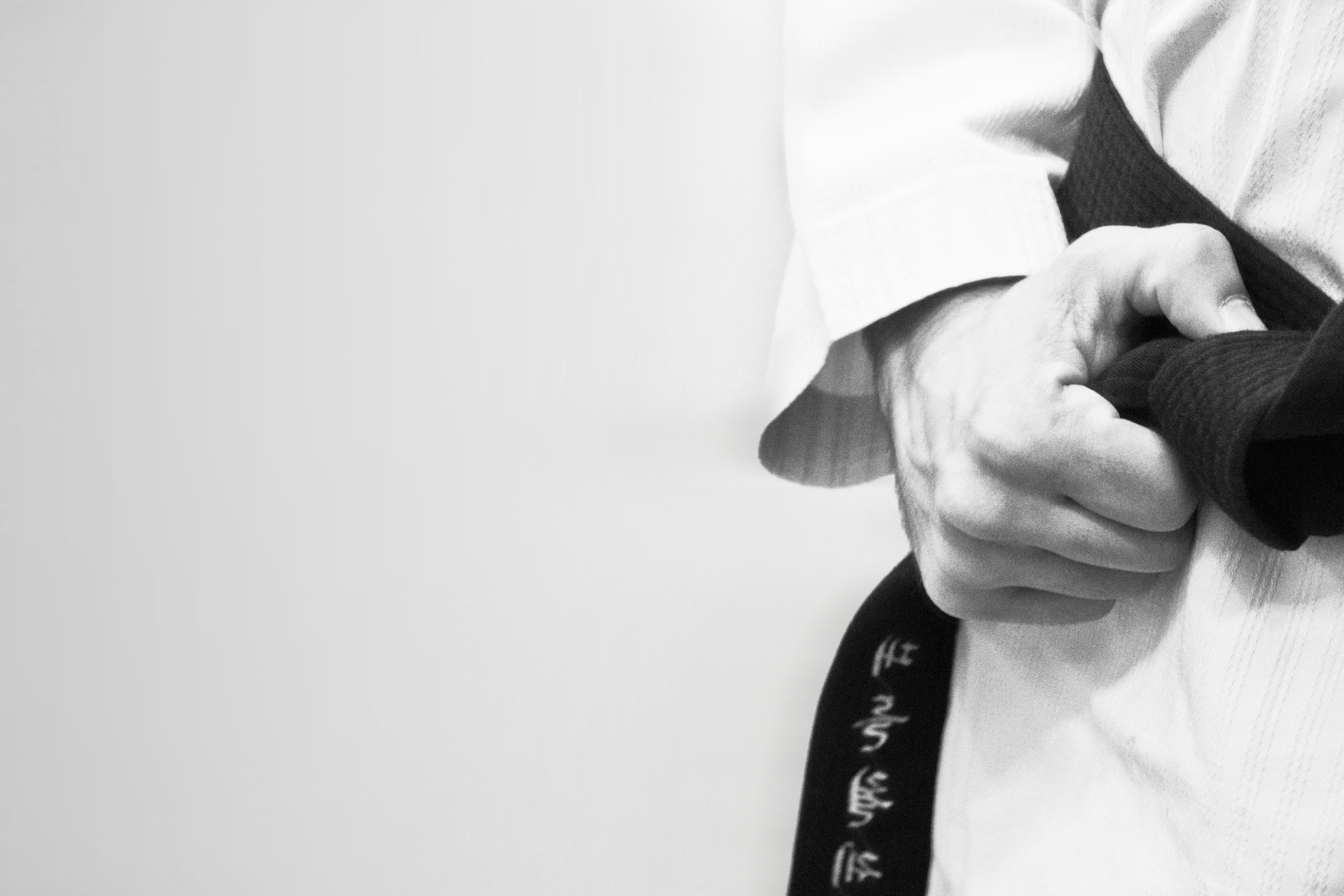 I had a Taekwondo teacher who used to say that he didn’t want to hear any “yeah-but’s.” If he told a student to do something, he expected them to do it without delay or excuse. He claimed the right to unquestioning obedience by virtue of his superiority in his field.
I had a Taekwondo teacher who used to say that he didn’t want to hear any “yeah-but’s.” If he told a student to do something, he expected them to do it without delay or excuse. He claimed the right to unquestioning obedience by virtue of his superiority in his field.
In the gospel, we see a God who will accept no “yeah-but’s.” By his scandalous arrest, abuse, and execution, Christ declared for all time that the will of the Father must be obeyed. God isn’t just superior to us. He’s transcendent. We can’t speak of him in superlative terms. He’s primary and ultimate. His very essence creates a field of moral gravity calling for the unquestioning surrender which the Bible calls, “fear.” When we fear God, we simply give him his due. When we offer him, “yeah-but’s,” we take in hand to cast for ourselves a lesser god and give it his name.
Selective obedience not only perverts the idea of God in our minds, it also distorts our nature. We were made to fear God, not overthrow him. Our “yeah-but’s” twist our souls into beastly, ghastly, overgrown egos which stomp around this earth, blaming God for the destruction in our wake. Christ became human to restore our humanity by restoring our estimation of God’s holiness.
As believers in Christ, we’re called each day to die with Christ in small ways. We tell the truth when we know it will make us look bad or cost us relationships or opportunities. We don’t respond to the tension to speak truth with, “Yeah, God, but you know that if I do that, I’ll get fired.” Rather we confess that God is more to be feared than any consequence of obeying him.
Through his suffering, Christ demonstrated the fear of God. But he’s more than just our exemplar; he’s our savior. By his resurrection, Christ Jesus announced for all time that such abject trust in God will receive eternal reward. We can go to our own cross both figuratively and literally if necessary because God can be trusted. Not only are “yeah-buts” an affront to the very nature of God, not only do they mutilate our souls, they’re just foolish.
If God calls us to move to a high crime neighborhood and we respond, “Yeah, God, but I’m concerned that my children will come under bad influences or be attacked or even killed,” we forfeit his reward for whatever scraps we can forage and horde through this very short day which we call life.
Far from being the offer of a free ticket to heaven, the gospel calls us heavenward as it demands that we relinquish this earth. Some have suggested that faith in the gospel presents and easy alternative to conformity to a system of legal requirements. Maybe that’s true of a truncated gospel, but not the true one. The message of Christ’s death, resurrection, ascension, and coming return pulses with unrelenting blessed requirement.
Because of God’s mercy and patience, it might be easy for us to think that’s he’s accepted our “yeah-but’s.” He hasn’t. Every “yeah-but” that we offer God assails his holiness, corrupts our souls, and mires us in a world rolling ever faster toward the conflagration waiting at the end.
The good news is that as long as we have breath we can repent of our “yeah-but’s” and all will be forgiven. Our humanity will be restored. We can long for the coming day of his return.
